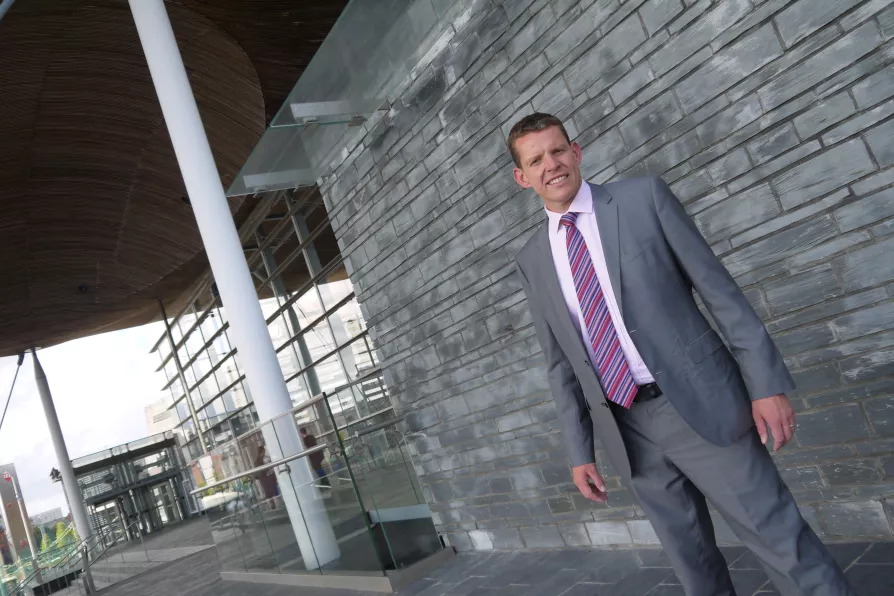This weekend, the NEU holds a special conference to debate changing its approach to organising teaching assistants, which a 2017 TUC agreement forbids. General secretary DANIEL KEBEDE outlines the choices before delegates
‘I know the Wales that we want – where we look after each other’
David Nicholson speaks to new Plaid Cymru leader RHUN AP IORWERTH about his attitude to socialism, the unions, social partnership and, of course, Welsh independence

 Plaid Cymru's new leader Rhun ap Iorwerth
[Plaid Cymru/Creative Commons]
Plaid Cymru's new leader Rhun ap Iorwerth
[Plaid Cymru/Creative Commons]
MORNING STAR readers in Wales will know that Rhun ap Iorwerth used to be that tough interviewer on the BBC’s Good Morning Wales radio news before the Senedd member for Anglesey became leader of Plaid Cymru in July.
But how much do we know about ap Iorwerth’s background — what drove him into politics and where does his passionate belief in independence come from?
“I was the son of two teachers born in Tonteg in the south Wales valleys. My dad had come down to the Cynon Valley as part of the wave of young teachers who wanted to expand the teaching of Welsh.”
Similar stories

In the first of a series of interviews with leaders of progressive parties in Wales ahead of the May 7 Senedd election DAVID NICHOLSON talks to Plaid Cymru leader Rhun ap Iorwerth

Wales reporter David Nicholson talks to Morning Star columnist and Plaid Cymru economy spokesman LUKE FLETCHER ahead of the unveiling of his economic strategy for Wales












